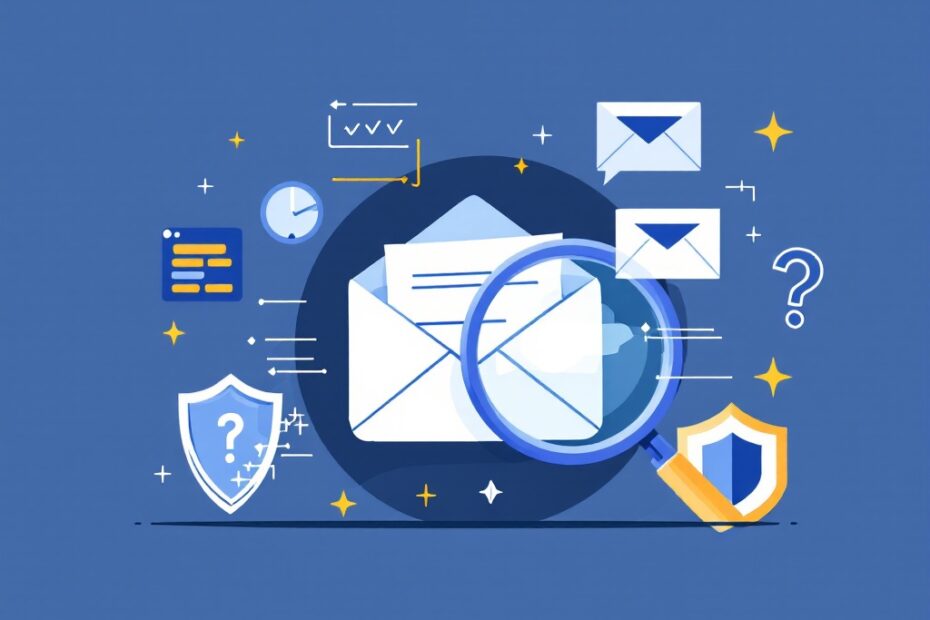In the digital age, email scams are becoming increasingly sophisticated, making it essential for everyone to know how to identify a fake email. Falling for a phishing scam can lead to data breaches, financial loss, and even identity theft. Here are some key tips to help you spot a fake email:
1. Examine the Sender’s Email Address
One of the first things to check is the sender’s email address. Scammers often use addresses that closely resemble legitimate ones, but with subtle differences. Always verify that the domain matches the official website of the organization.
2. Be Cautious of Urgent or Threatening Language
Scammers often use urgent language to create a sense of panic and prompt immediate action without careful thought. Phrases like “Your account will be suspended” or “Immediate action required” are common tactics.
3. Look for Grammar and Spelling Mistakes
Legitimate companies usually proofread their emails. If you notice excessive spelling and grammar errors, it might be a red flag indicating the email is not genuine.
4. Verify Links Before Clicking
Before clicking on any link, hover over it to see the actual URL. If the link doesn’t match the supposed sender’s website or looks suspicious, it’s best not to click it.
5. Beware of Unsolicited Attachments
Attachments can contain malware or viruses. If you receive an unexpected attachment from an unknown sender or even someone you know but weren’t expecting, it’s safer to avoid opening it.
6. Check for Personalization
Legitimate emails from companies you have accounts with will often address you by your name. Be cautious of generic greetings like “Dear Customer” or “Valued Member.”
7. Trust Your Instincts
If something feels off about an email, trust your instincts. It’s always better to err on the side of caution and verify the email’s legitimacy through official channels.
Final Thoughts
Protecting yourself from email scams requires vigilance and a bit of skepticism. By following these tips, you can reduce the risk of falling victim to a phishing attack. Always remember, when in doubt, verify the information through official websites or direct contact with the company.
Stay safe online, and share this guide with others to help them protect themselves from email scams!


